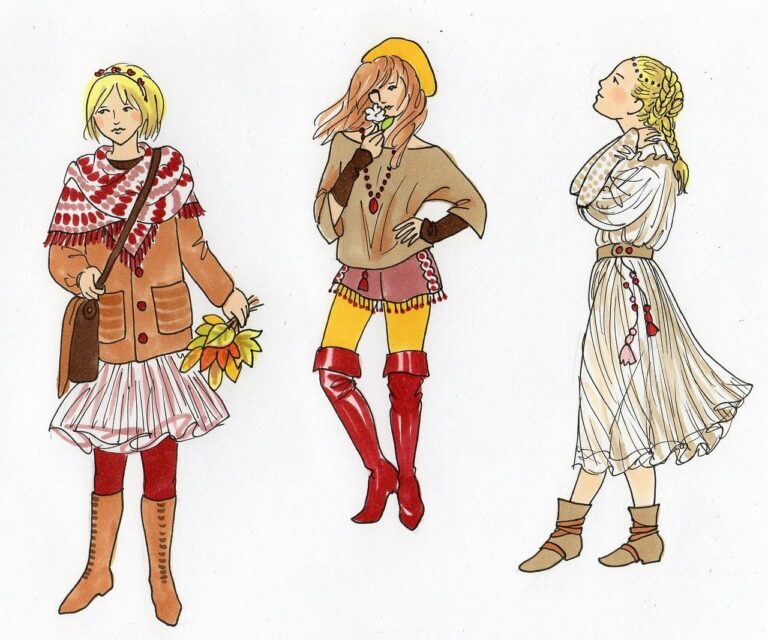Fashion and Sustainability: The Rise of Vegan and Cruelty-Free Fashion Brands
Over the past decade, there has been a noticeable shift in consumer demand towards more ethical and sustainable fashion choices. This has led to the rise of many innovative brands that prioritize ethical practices throughout their supply chain, from sourcing materials to production and labor conditions. These brands are setting new standards for the industry, challenging conventional business models and paving the way for a more conscious approach to fashion.
One of the key aspects of the evolution of ethical fashion brands has been the focus on transparency and accountability. Consumers are increasingly seeking information about where their clothes come from and how they are made, driving brands to be more open about their processes and sustainability efforts. This newfound transparency has not only fostered trust between brands and consumers but has also inspired other companies to follow suit and adopt more ethical practices in response to growing awareness and demand.
The Impact of Vegan Fashion on the Environment
Vegan fashion has been making waves in the industry for its commitment to sustainability and ethical practices. By using cruelty-free materials like plant-based fabrics and synthetic alternatives, vegan fashion brands are minimizing the environmental impact of the fashion industry. Traditional leather production, for example, is resource-intensive and contributes to deforestation and water pollution, whereas vegan leather made from materials like pineapple leaves or cork is a more eco-friendly alternative.
Furthermore, the production of vegan fashion often requires less water, energy, and chemicals compared to conventional fashion items. By opting for plant-based textiles and innovative materials, vegan fashion brands are reducing their carbon footprint and contributing to a more environmentally friendly fashion industry. With more consumers becoming conscious of the environmental impact of their purchases, the rise of vegan fashion is a positive step towards a more sustainable and ethical future in the fashion world.
How Cruelty-Free Fashion Brands Are Changing the Industry
Cruelty-free fashion brands have been making substantial waves in the industry by prioritizing ethical practices and sustainability. These brands are actively shifting the narrative within the fashion world towards a more compassionate and eco-friendly approach. By steering away from using materials derived from animals and advocating for fair labor practices, cruelty-free fashion brands are setting new standards for the industry to follow.
Consumers are increasingly choosing to support cruelty-free fashion brands, leading to a significant impact on the market. This shift in consumer behavior is forcing traditional fashion brands to reevaluate their practices and consider more ethical and sustainable alternatives. With the rise of awareness around animal welfare and environmental issues, the demand for cruelty-free fashion is steadily growing, driving a positive transformation in the industry.
What are cruelty-free fashion brands?
Cruelty-free fashion brands are companies that do not use any animal products or conduct any animal testing in the production of their clothing and accessories.
How are cruelty-free fashion brands changing the industry?
Cruelty-free fashion brands are challenging the traditional practices of the fashion industry by promoting ethical and sustainable alternatives. They are setting a new standard for transparency and accountability in the production process.
What is the impact of vegan fashion on the environment?
Vegan fashion has a lower environmental footprint compared to traditional fashion, as it eliminates the use of animal products which require huge amounts of resources and contribute to pollution. By choosing vegan fashion, consumers can support more sustainable practices in the industry.
How can I support cruelty-free fashion brands?
You can support cruelty-free fashion brands by choosing to purchase their products over traditional brands that use animal products or conduct animal testing. By making more conscious purchasing decisions, you can help drive the demand for ethical and sustainable fashion.







